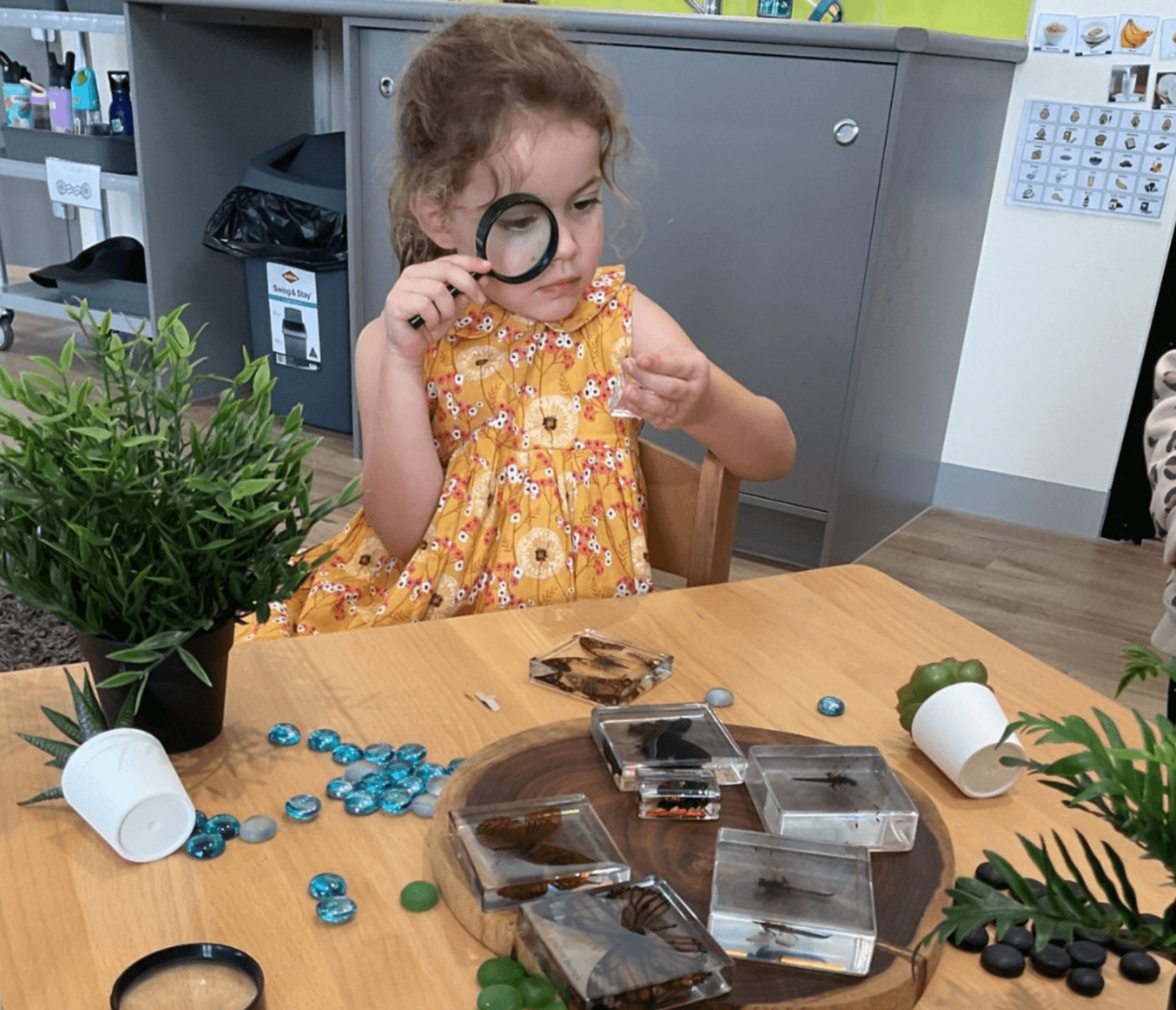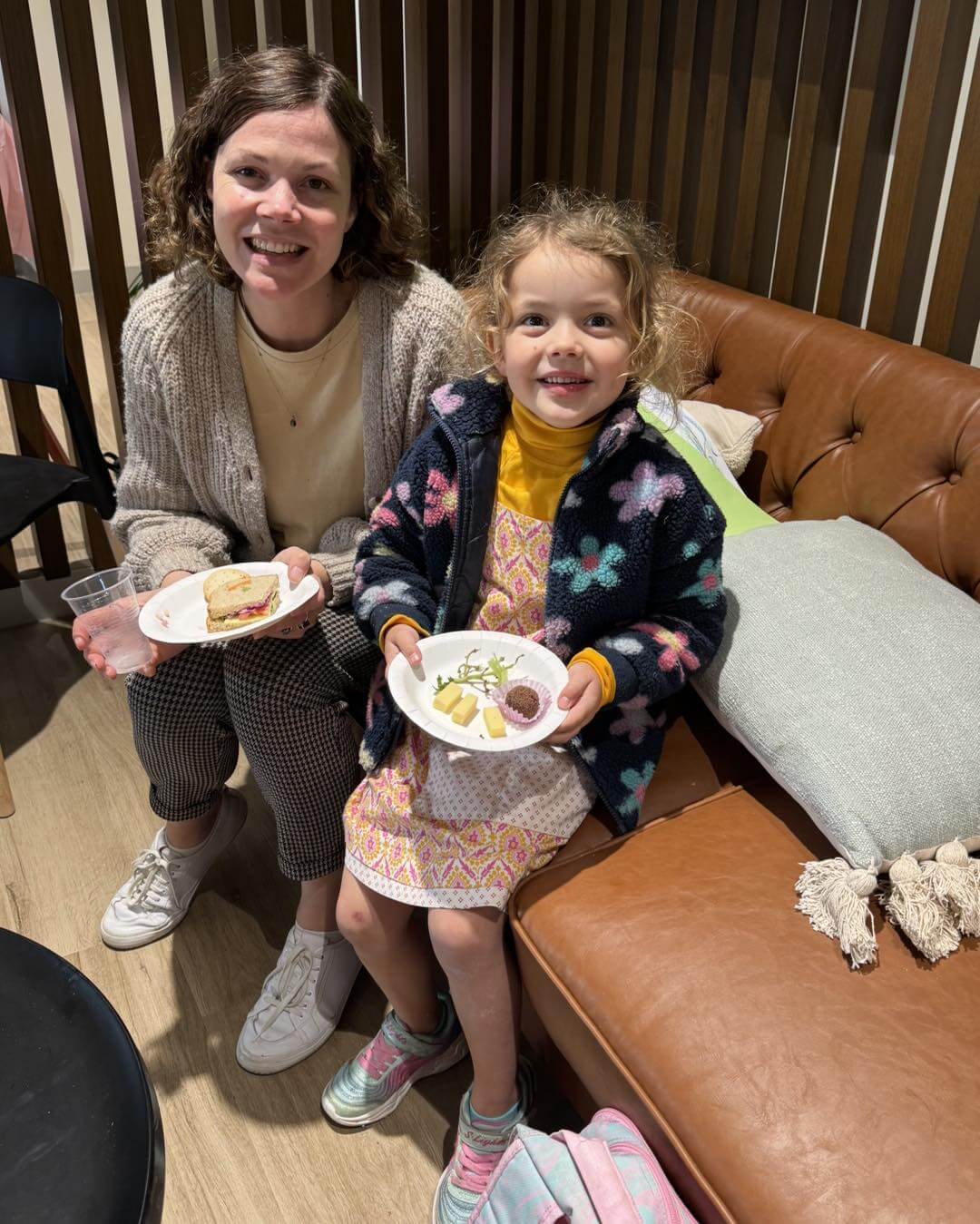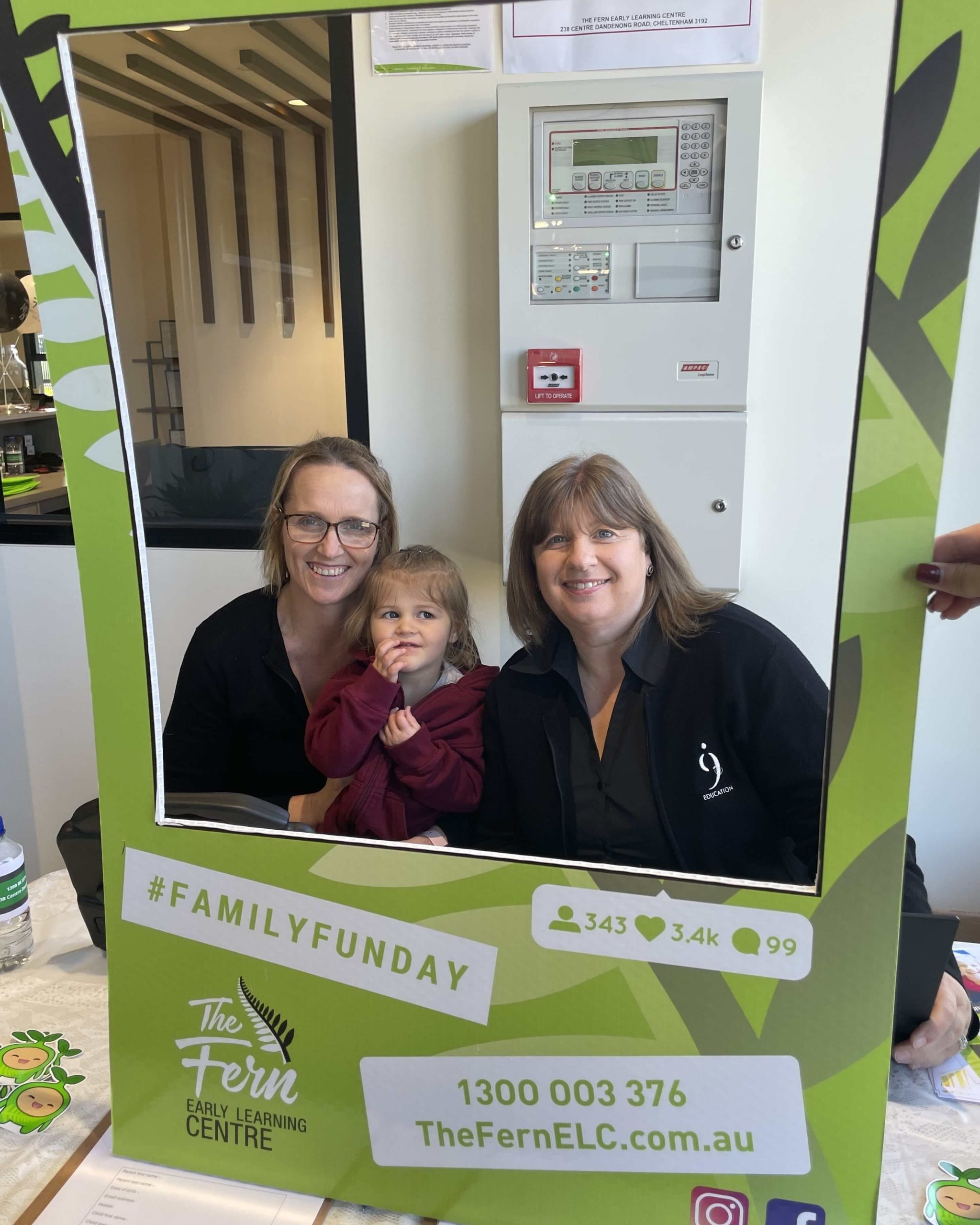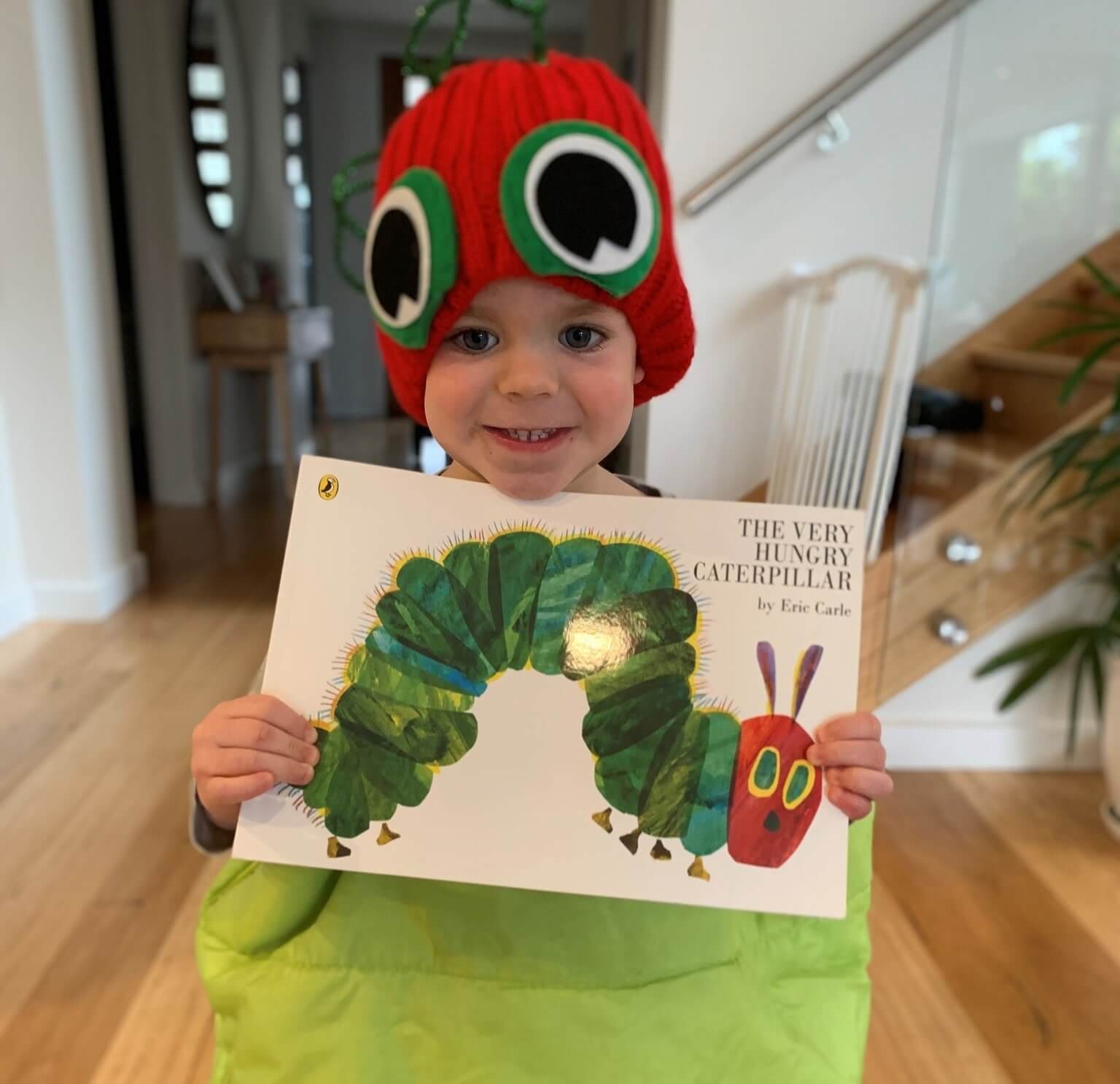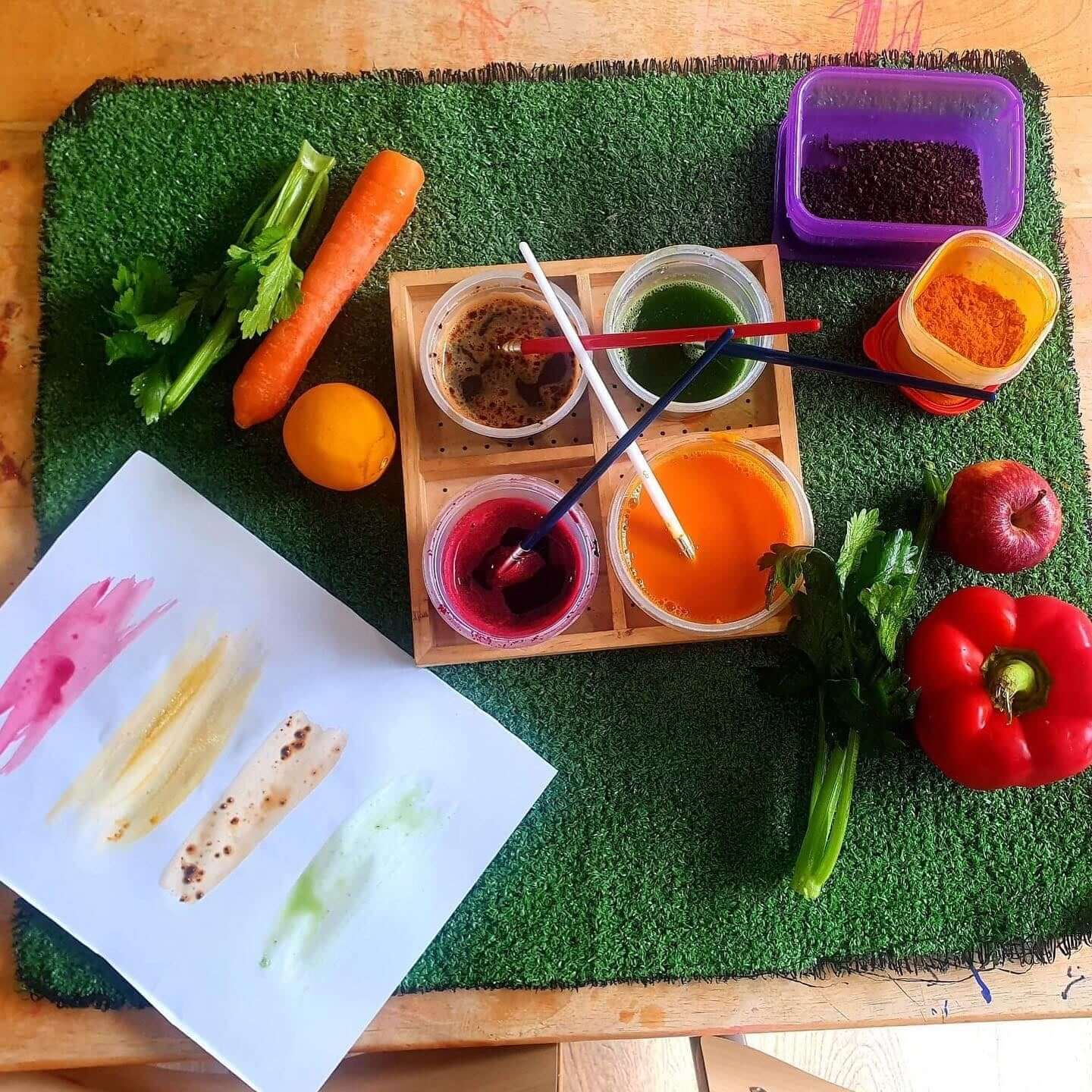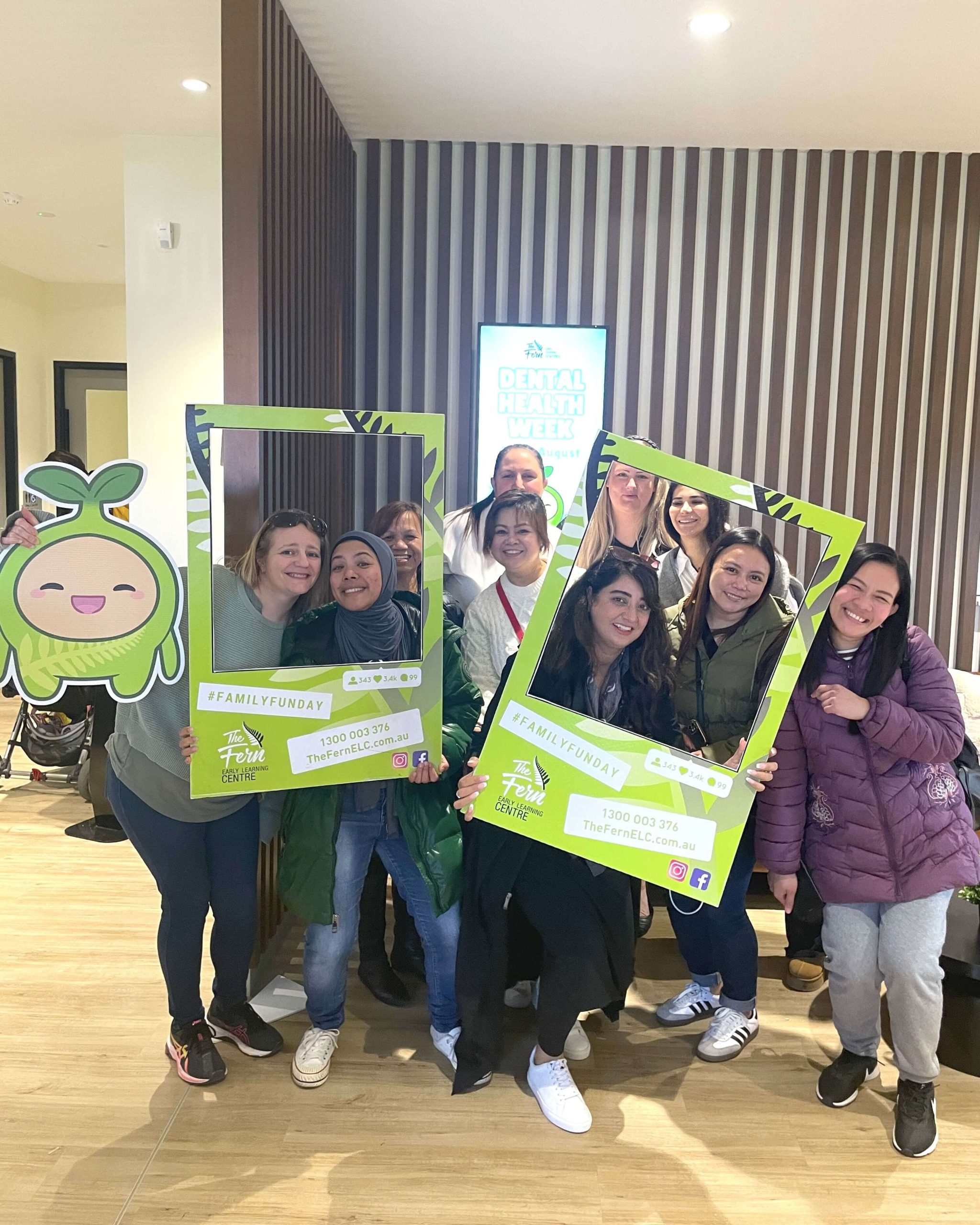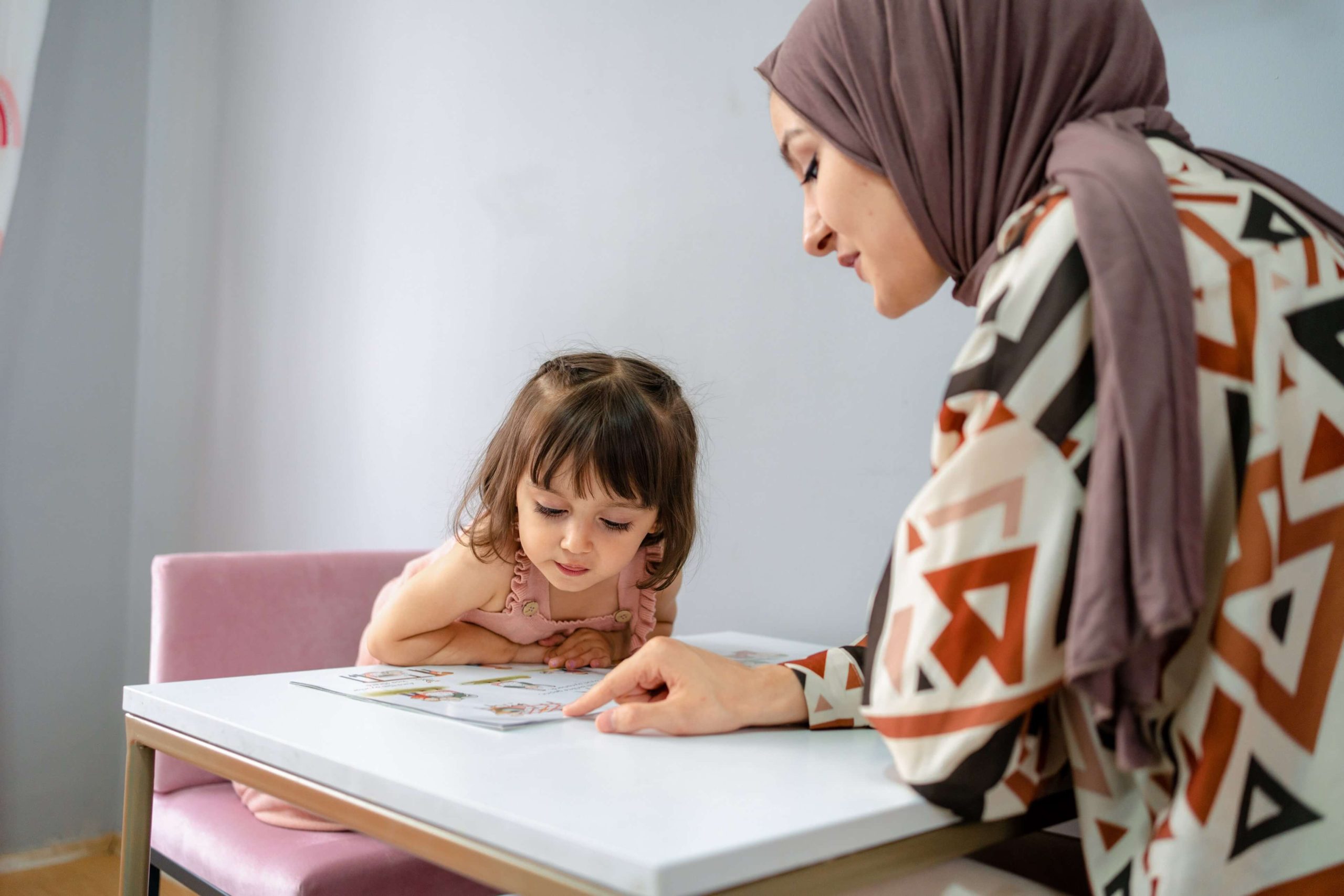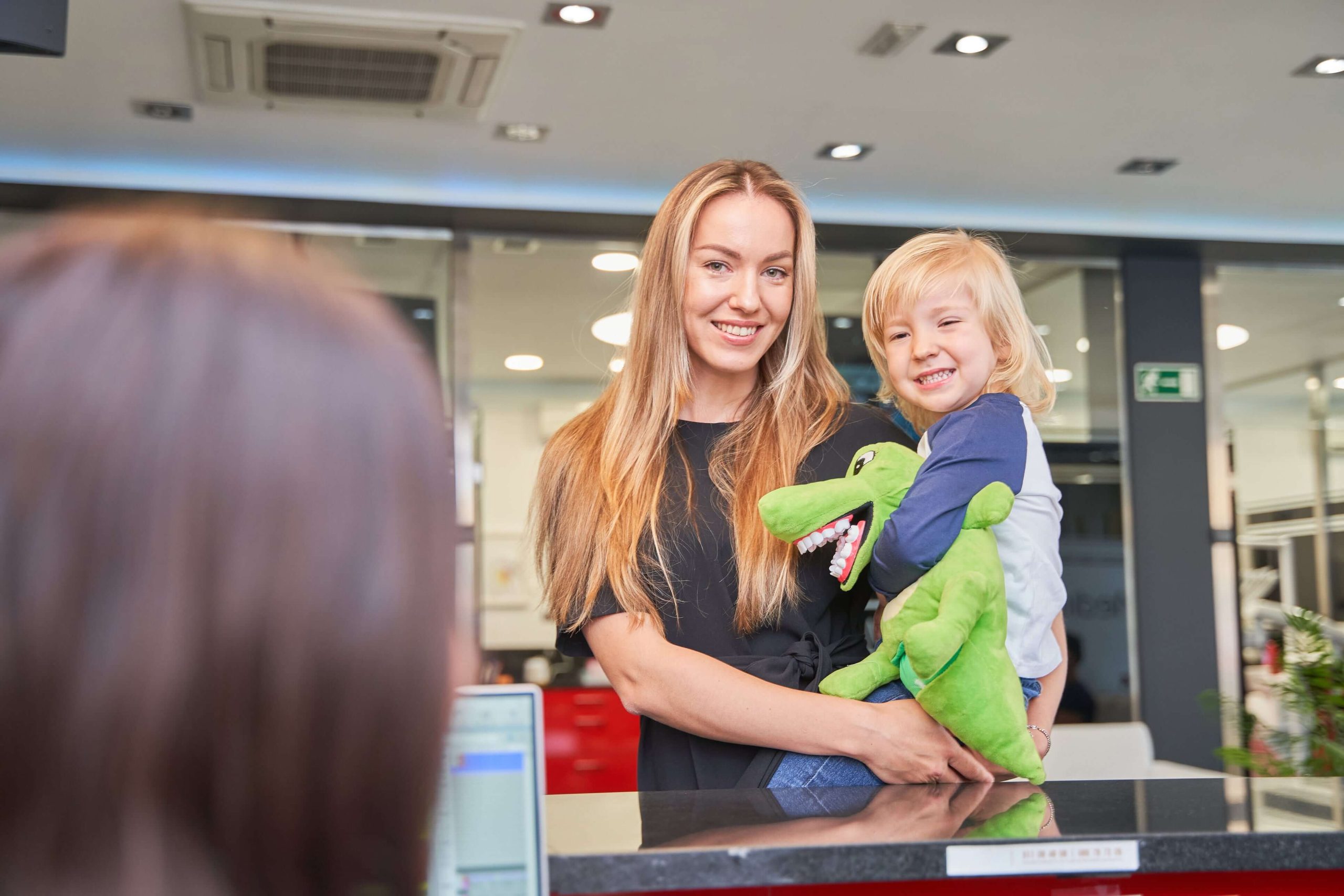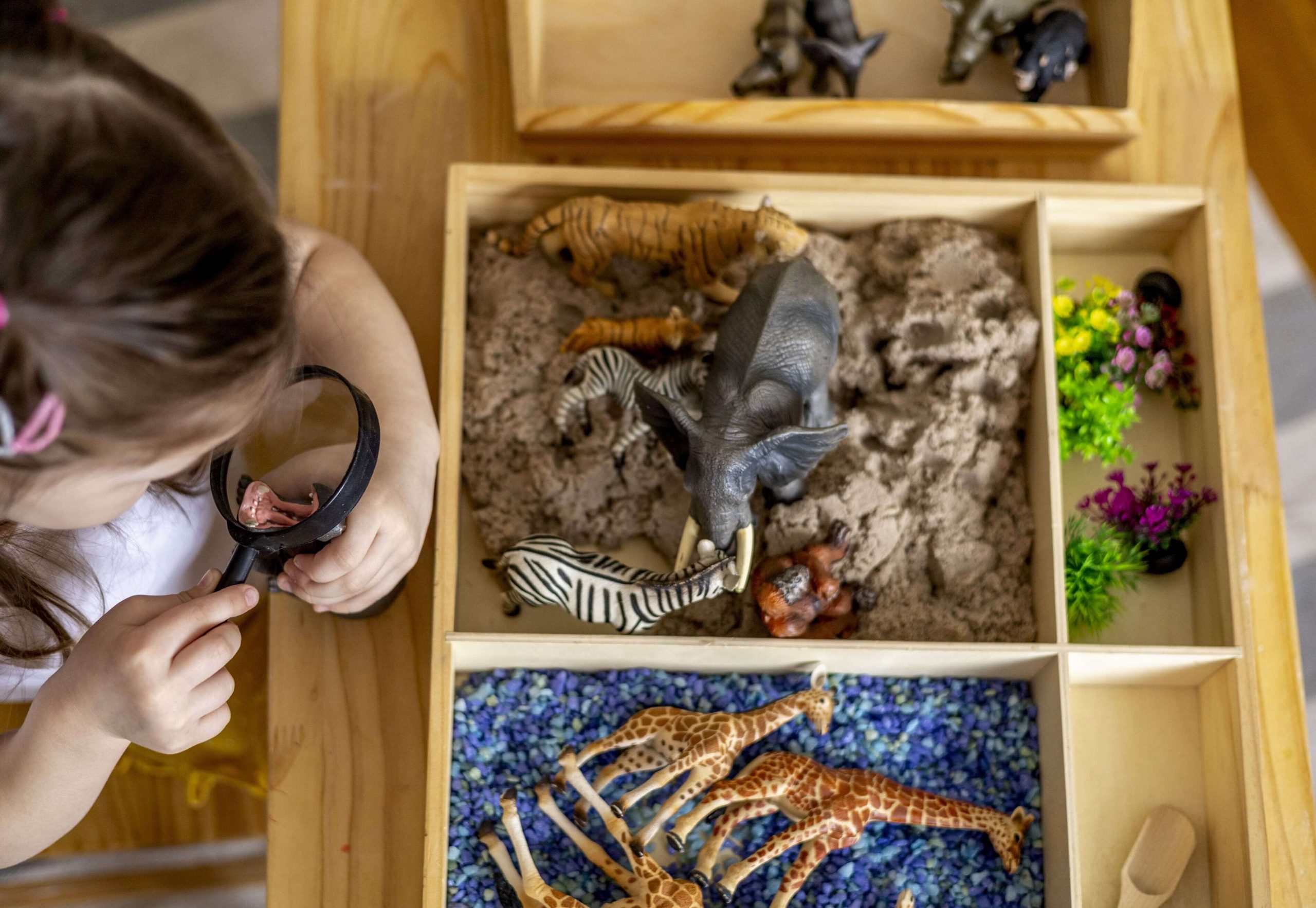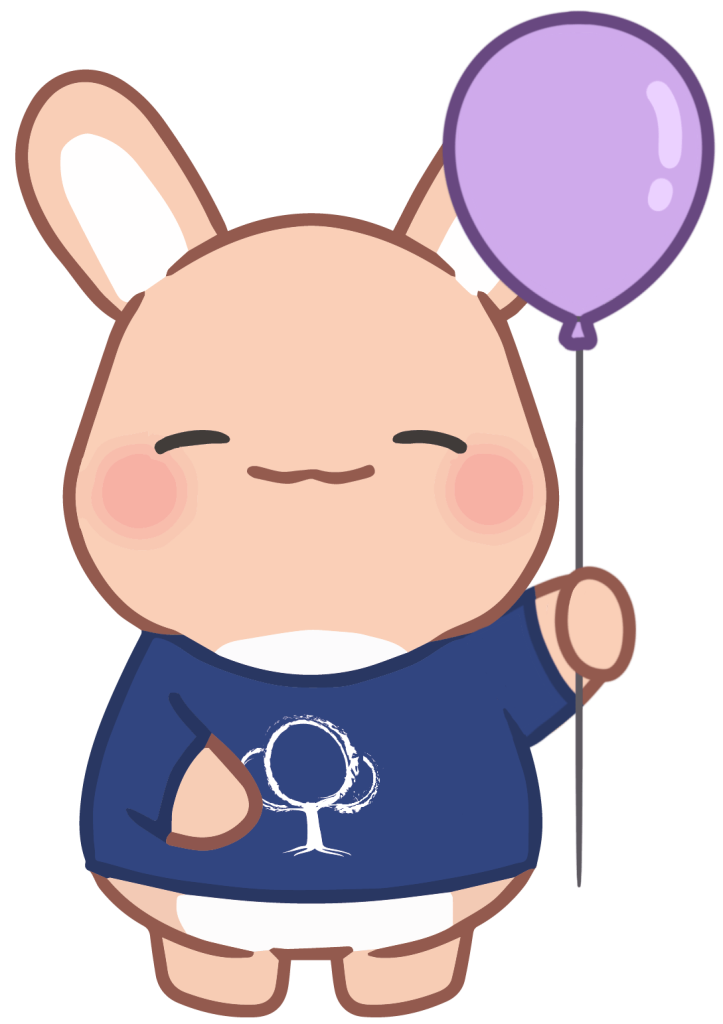Toilet training is an exciting milestone in your child’s development—but it can also feel a little overwhelming. At Community Kids Haven, we understand that every child learns at their own pace, and we’re here to support families through every step of the journey.
Whether your child is just starting to show interest in the potty, or you’re well into the process, here are some practical tips and gentle strategies to make toilet training a more relaxed and successful experience for everyone.
When Should I Start Potty Training?
There’s no universal age to begin toilet training, but many children show signs of readiness between 18 months and 3 years. Every child is different, so it’s important not to rush the process. Some signs your child may be ready include:
- Staying dry for longer periods
- Showing interest in the toilet or wearing underwear
- Communicating when they’ve done a wee or poo
- Hiding to do a poo or wanting to be changed right away
- Being able to follow simple instructions
Starting when your child is developmentally ready will lead to a more positive experience for everyone involved.
How to Start Toilet Training
1. Create a Routine
Begin by introducing regular potty or toilet visits—such as after meals, before bath time, or every couple of hours. Consistency helps your child get used to the idea without pressure.
2. Choose the Right Equipment
Whether it’s a small potty, a toilet insert, or a step stool, find what your child is most comfortable with. Let them help choose the equipment if possible—it can make them feel more involved.
3. Use Positive Reinforcement
Celebrate small wins with lots of praise, encouragement, and gentle support. Try not to use punishment or negative language when accidents happen—they’re a normal part of learning.
4. Dress for Success
Loose-fitting clothing or pants with elastic waists make it easier for your child to go to the toilet independently. Avoid tricky buttons or layers during this stage.
5. Be Prepared for Setbacks
Toilet training takes time. There may be accidents, regressions, or days when your child doesn’t seem interested at all. Be patient, stay calm, and trust the process.
How We Support Toilet Training at Community Kids Haven
We work closely with families to support toilet training at childcare in a way that’s consistent with what’s happening at home. Our educators:
- Communicate with you about routines, signs of readiness, and progress
- Use age-appropriate strategies to encourage independence
- Maintain a relaxed, supportive environment to reduce pressure
- Help children feel confident and proud of their achievements
We understand the importance of privacy, hygiene, and encouragement during this sensitive stage and work to make it a positive experience for every child.
What If My Child Isn’t Ready?
That’s perfectly okay. Readiness is more important than age. If your child isn’t showing interest or is becoming distressed about the process, it may be best to take a break and try again in a few weeks.
Final Thoughts
Potty training is a learning curve for both children and parents. With the right support, encouragement, and a little patience, your child will get there in their own time. At Community Kids Haven, we’re here to work alongside you, making sure your child feels safe, confident, and supported every step of the way.
Speak to your centre’s educators to learn more about how we support toilet training in our toddler and kindergarten rooms.
